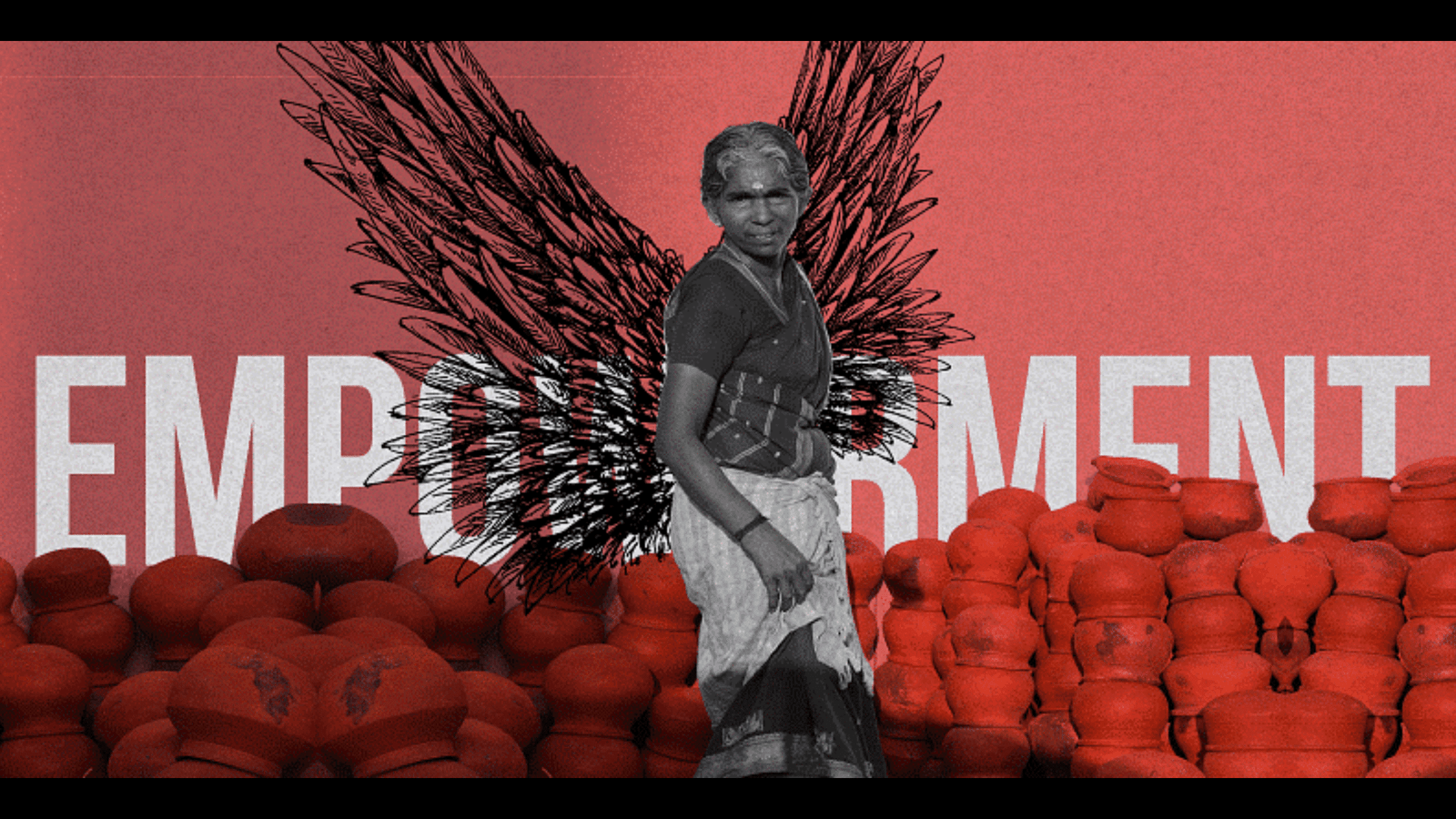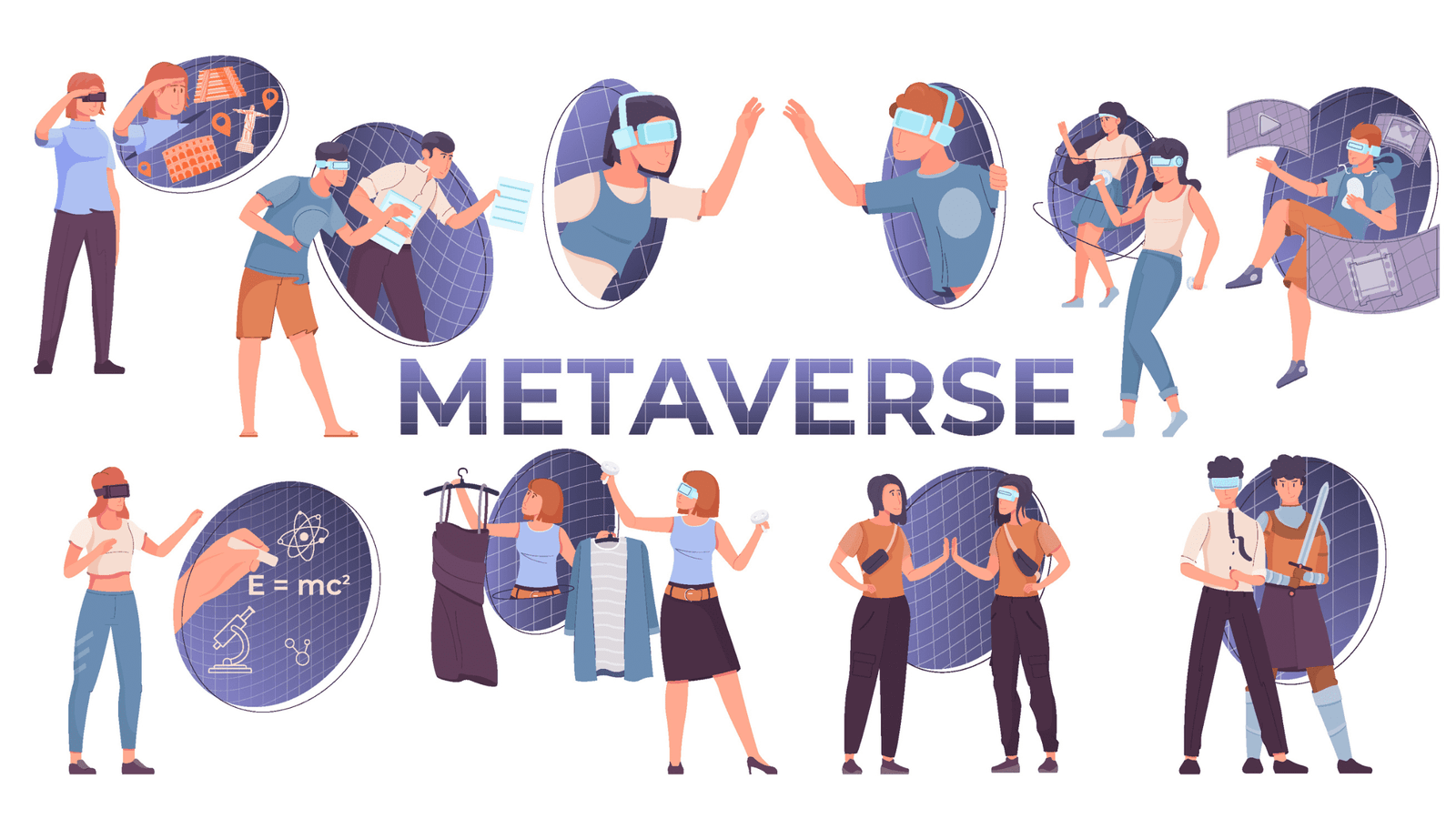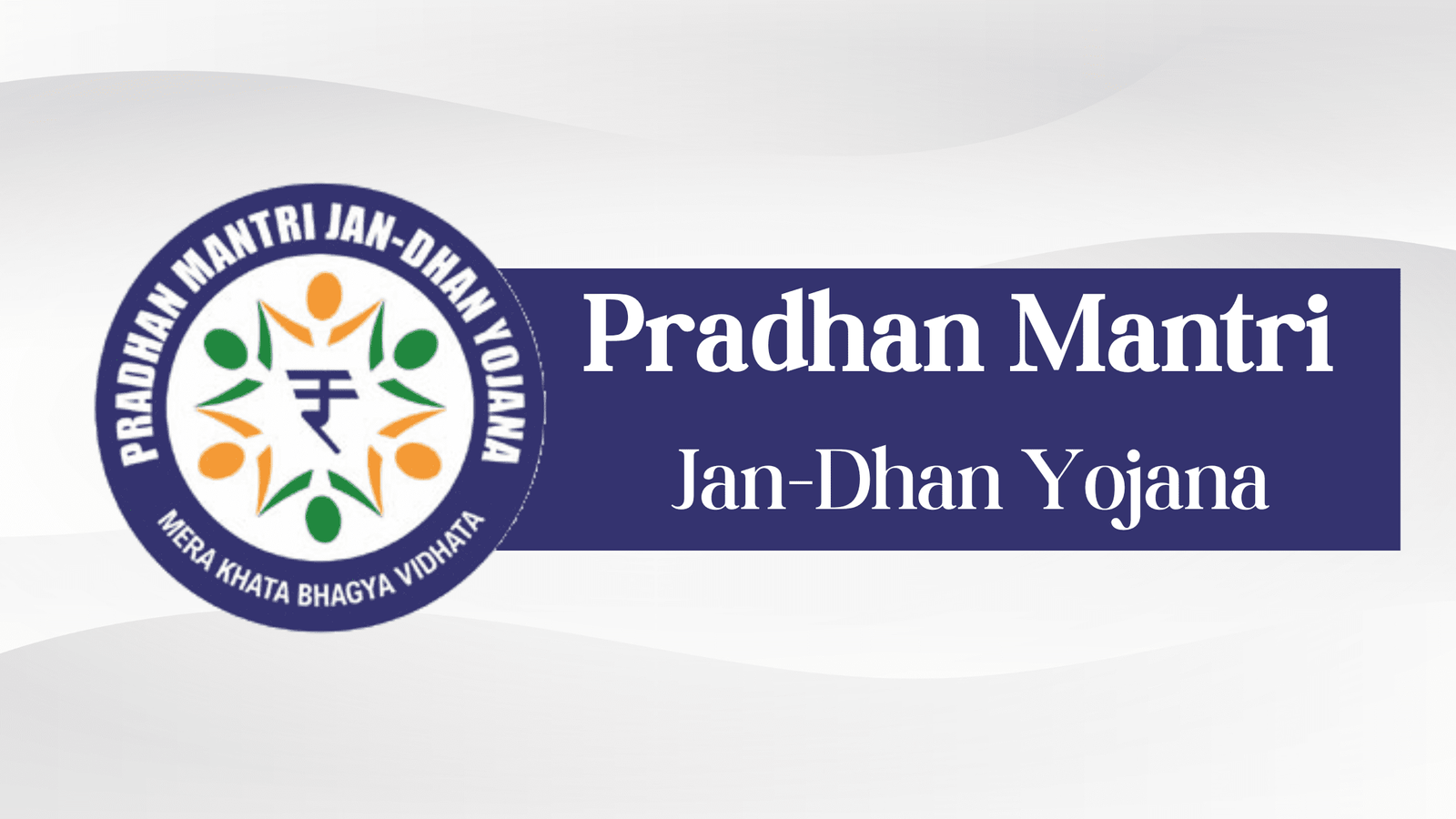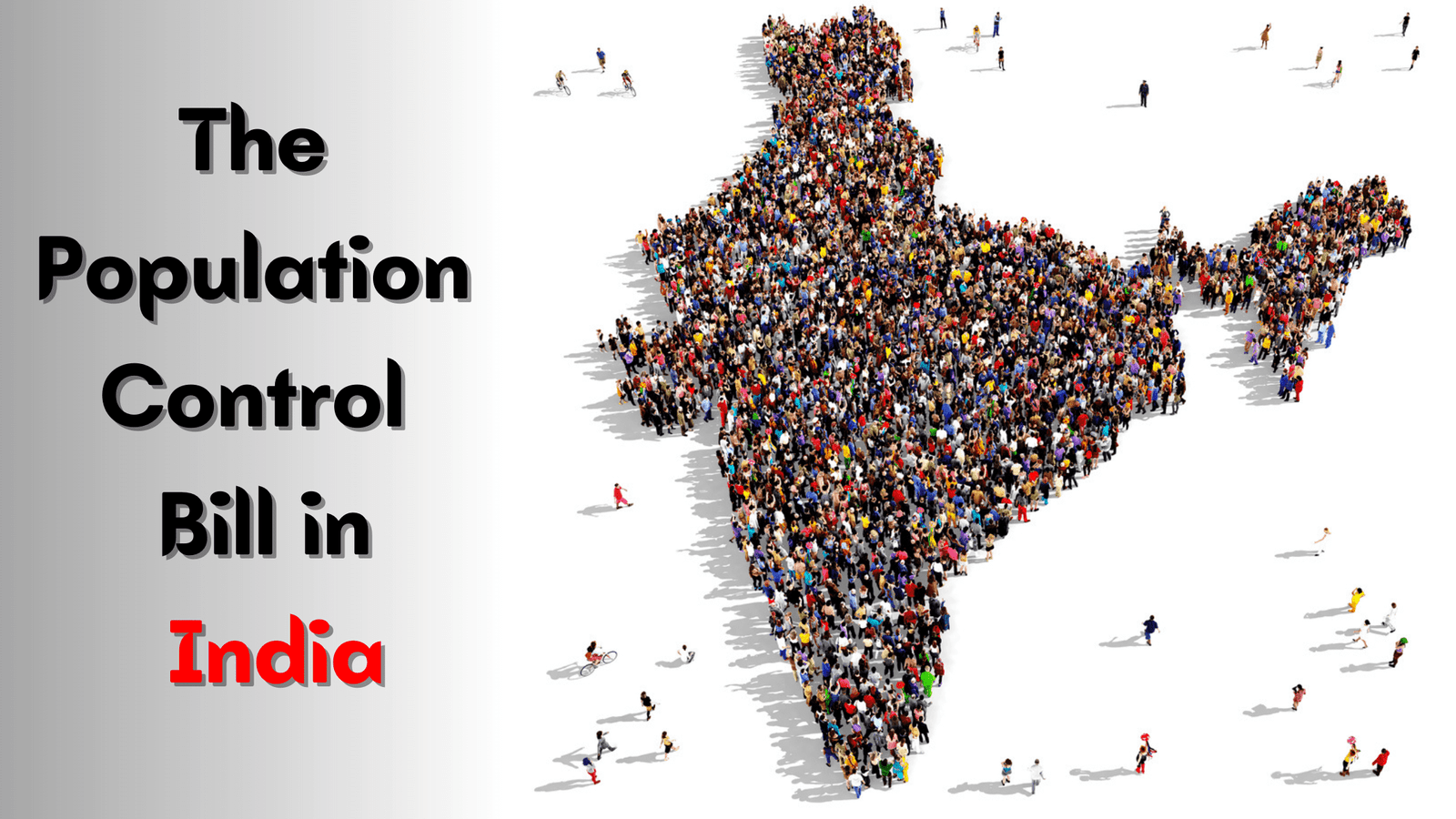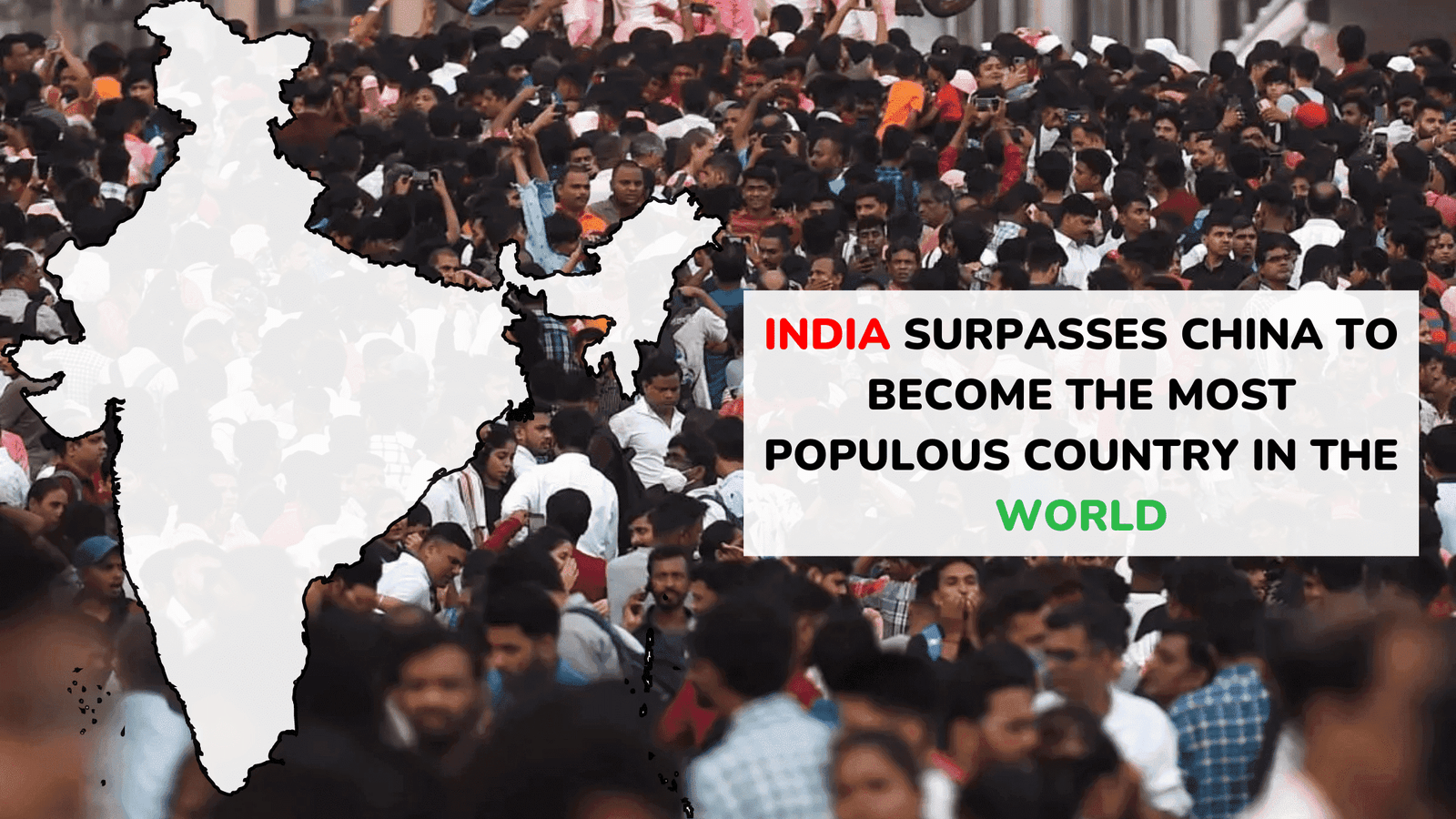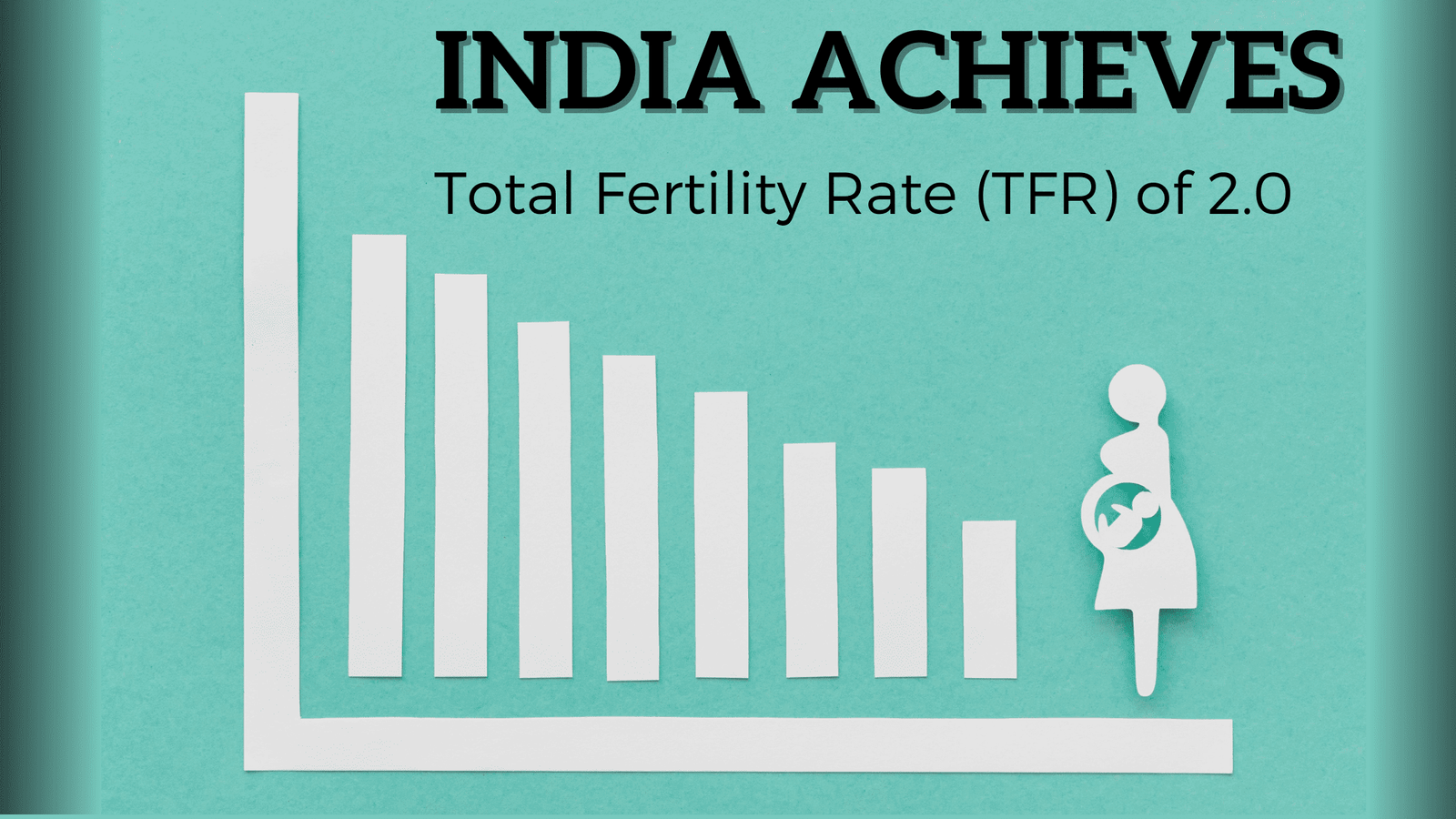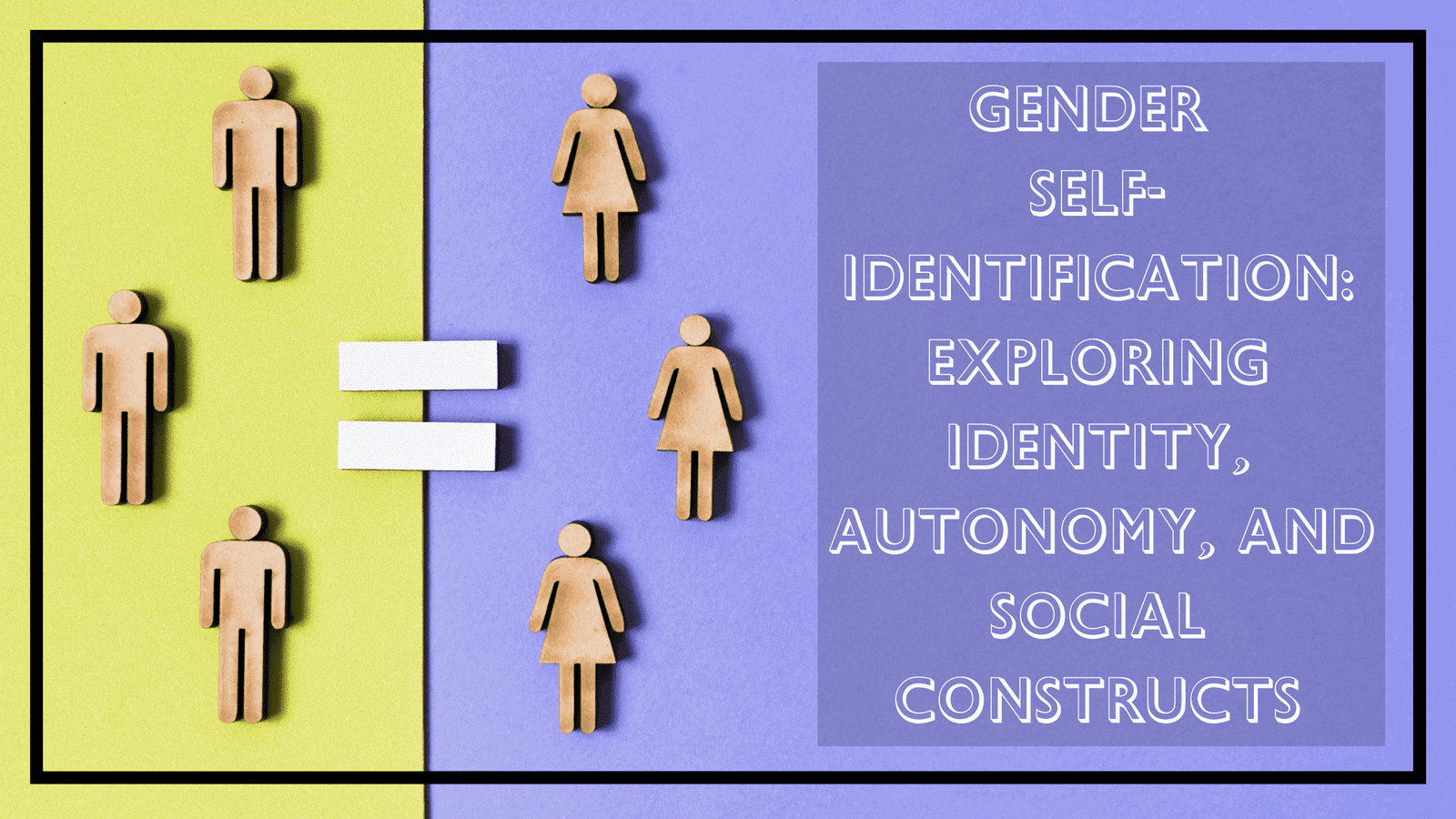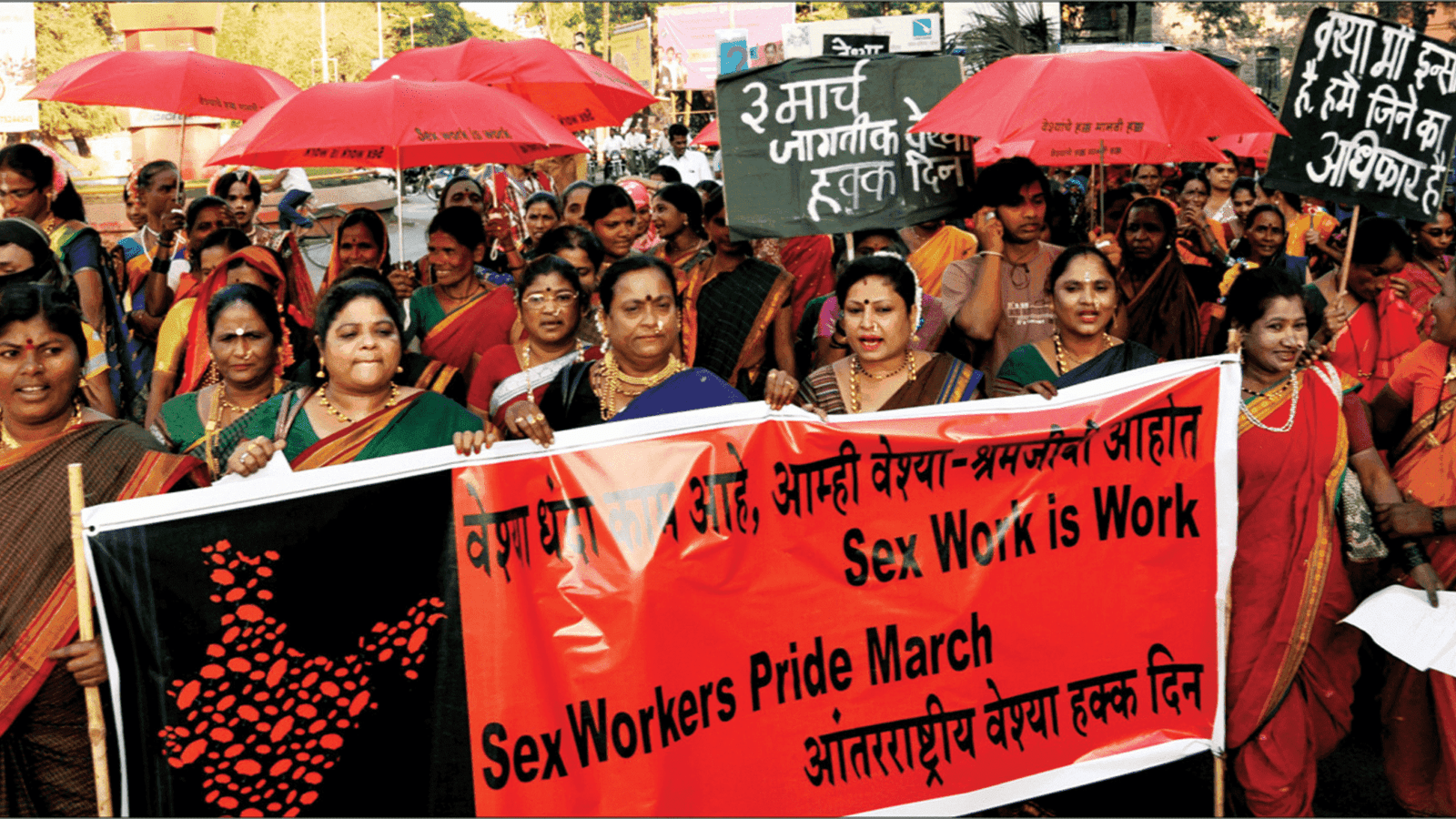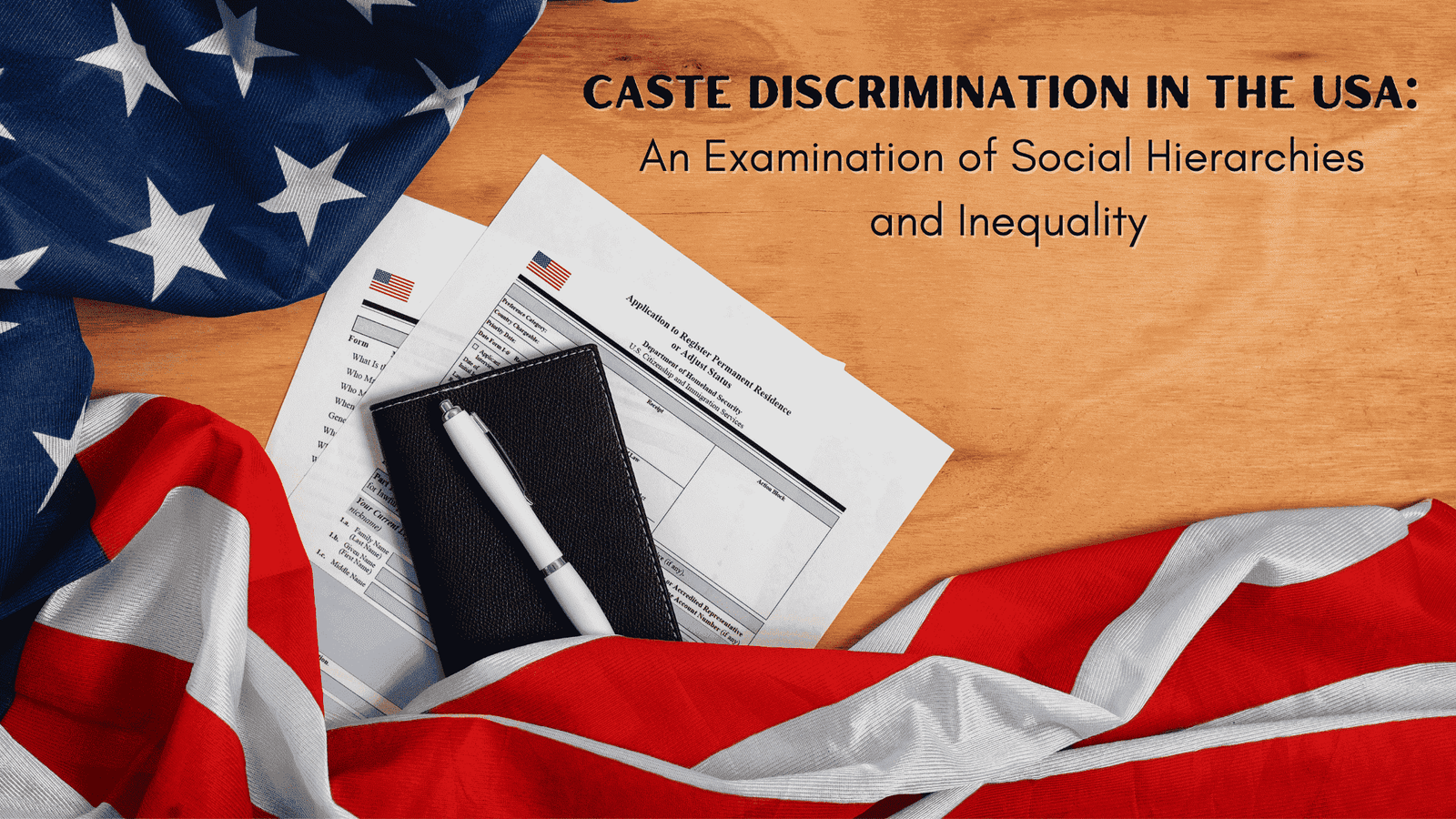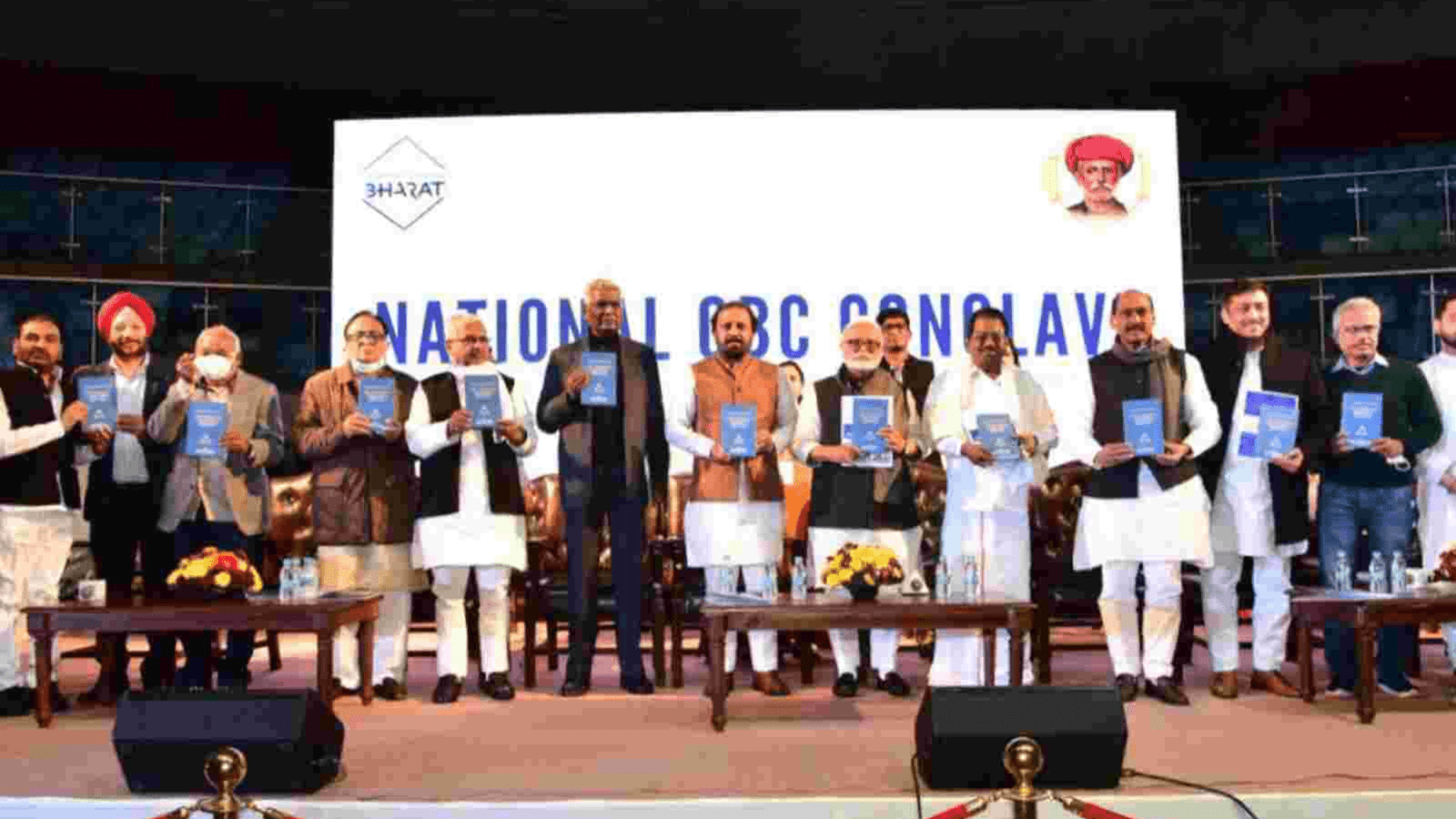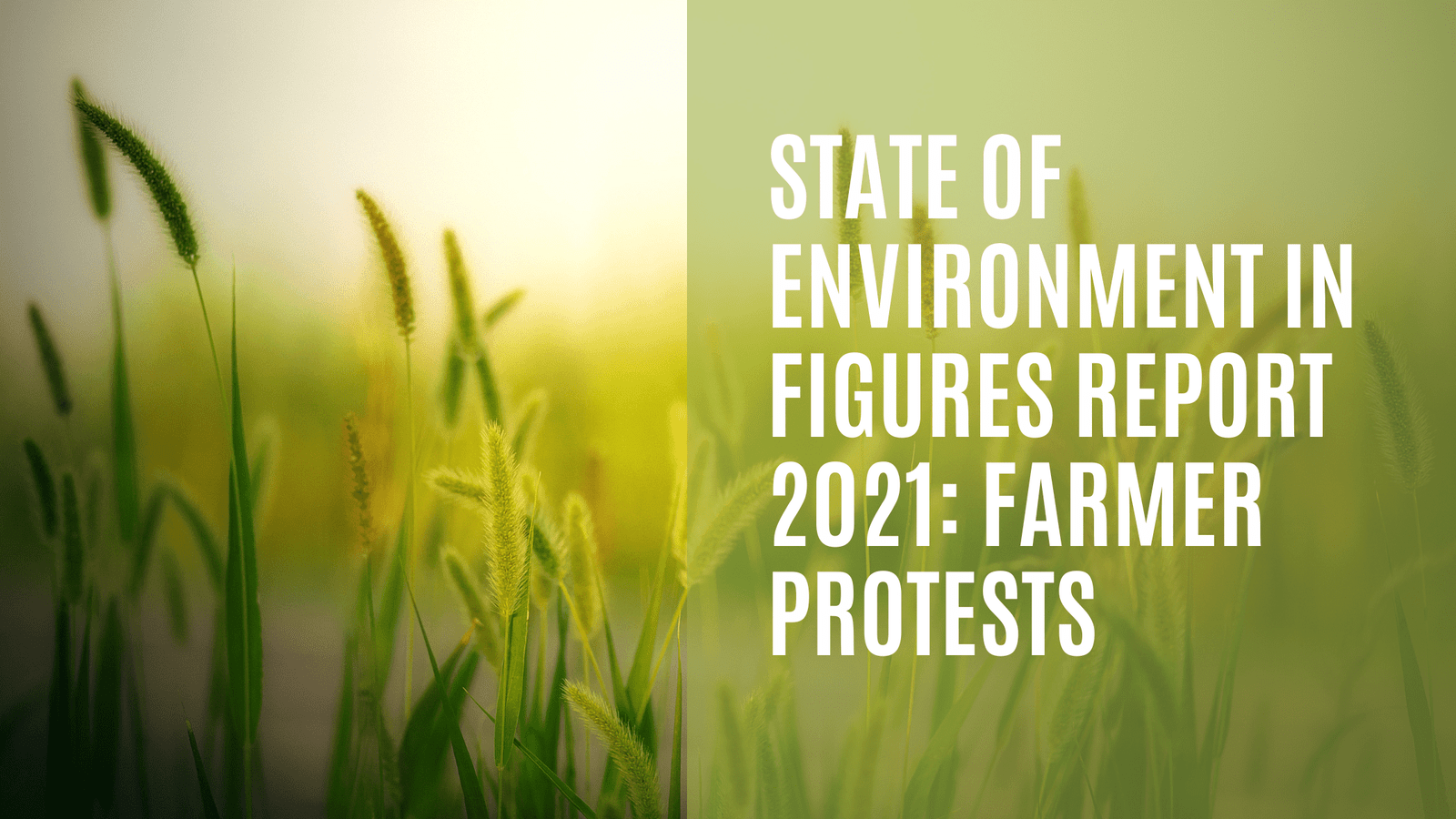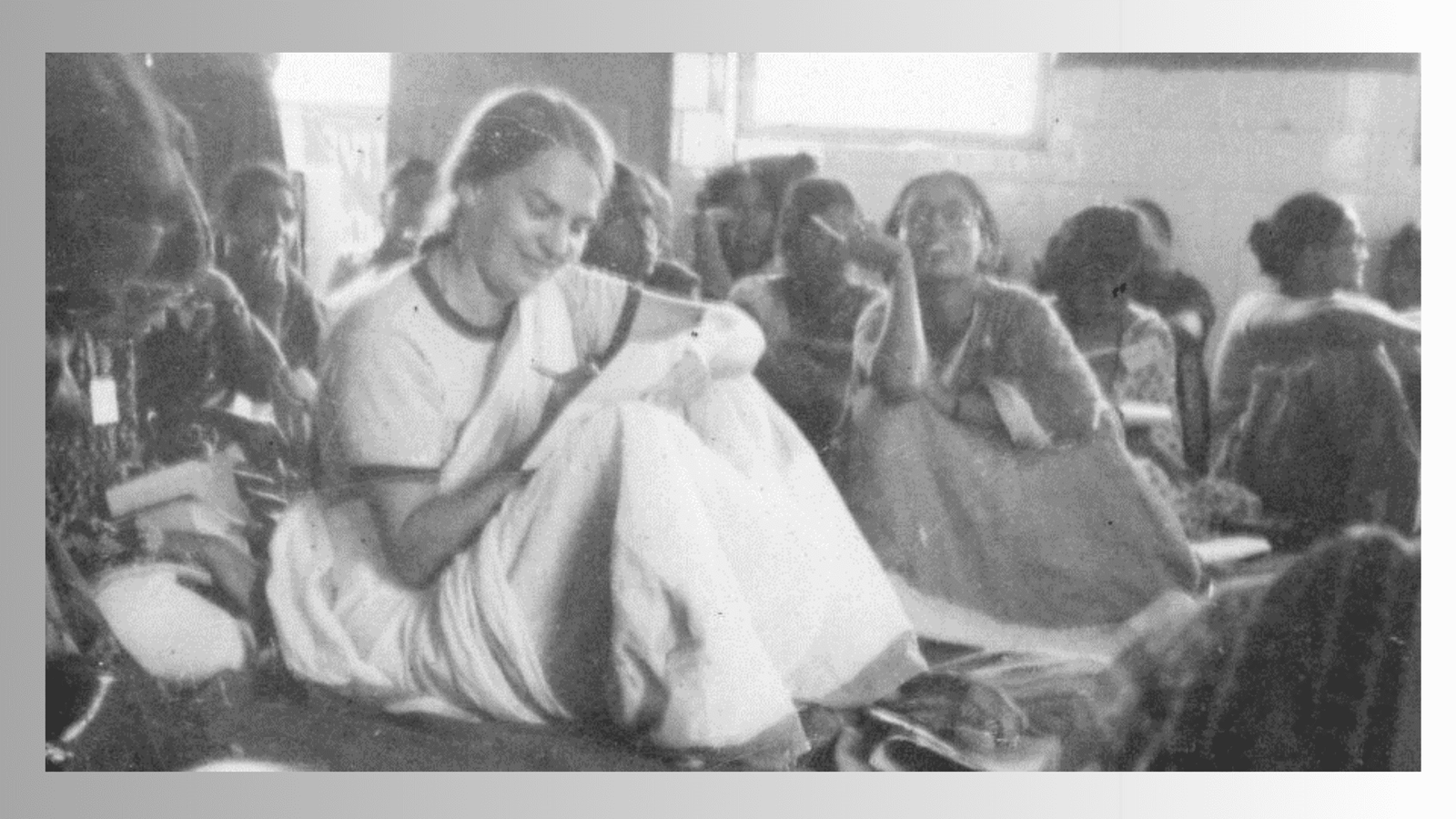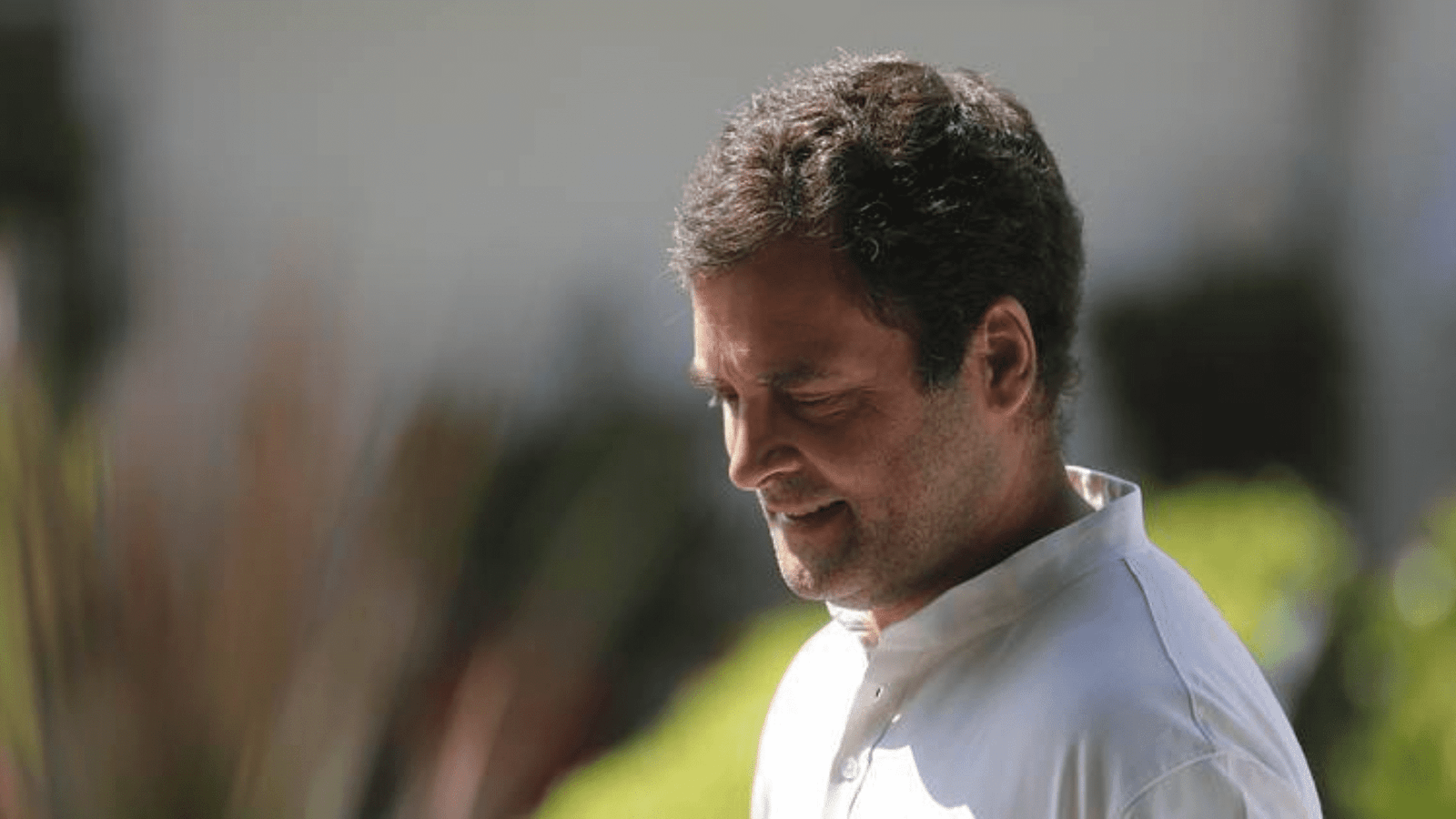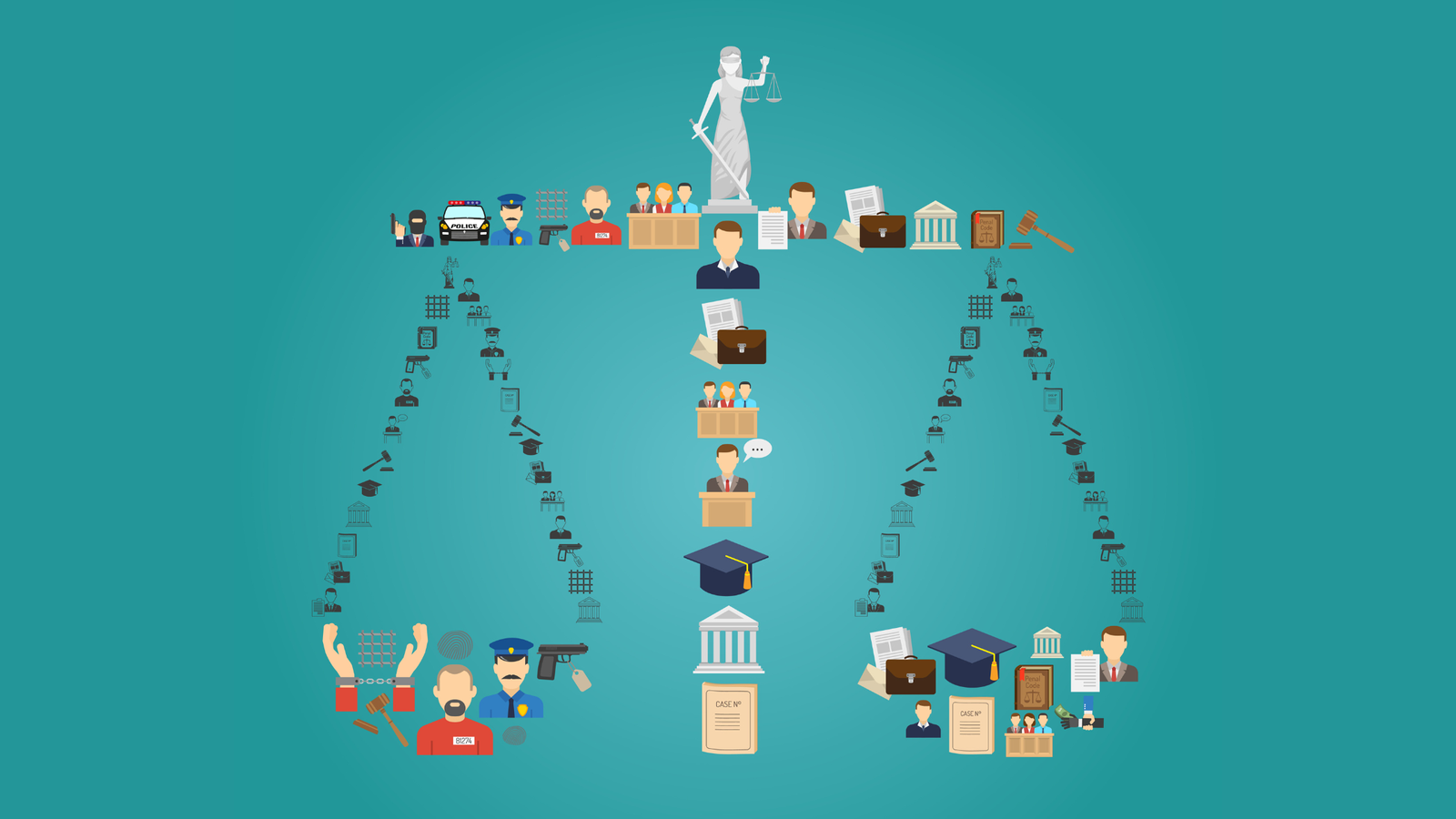
The News:
Government announced the formation of a separate Union ministry of Cooperation in July 2021, a subject that till date was looked after by the Ministry of Agriculture.
N In a separate issue, the Supreme Court quashed certain provisions of the 97th Constitutional Amendment Act, calling cooperative societies as “a subject matter wholly and exclusively belonging to state legislatures to legislate upon.”
News Summary:
The Government stated that the Ministry through its administrative, legal and policy framework will streamline the processes of ‘Ease-of-doing-business for cooperatives’.
The Supreme Court struck down provisions of the 97th Constitutional Amendment that prescribed the contours of the rules that state governments could create for cooperatives in their own states.
However, the role of Union government regarding multi state cooperatives is clearly recognized.
Sociology of cooperatives:
Marcel Mauss writes that “cooperative economic organizations guarantee the perpetuation of the future society”. S Ray seconds this by mentioning that “Solidarity among humans has become essential in view of the growing challenges like alienation, atomism, inequality and ecological rift.”
EP Roy writes that “Cooperatives offer bargaining strengths to the poor to withstand vulnerabilities and obtain needy services at a cost.”
However, due to structural constraints related to scale of operations and ability to access capital, cooperatives have to struggle to thrive in the liberalized economy despite growing in physical numbers. For example, the share of the credit cooperatives in the ground level credit disbursed which was 62 per cent in 1992-93, plummeted to 34 percent in 2002- 03(Government of India Report, 2005).
Cooperatives have yet not been able to explore their full potential in India and Asia. A global survey conducted for the United Nations in 2014(Dave Grace and Associates 2014) revealed that cooperatives’ Gross revenue to GDP in Asia was 3.25 per cent against 7.08 per cent for Europe.
On the issue of the new ministry, M. Rajashekhar argues that in addition to compromising on the norms of federalism, the ministry may work as a front for dispensing political patronage.
R.C Diwedi in “Jawaharlal lal Nehru: His vision of Cooperatives” writes that Jawahar Lal Nehru,who wanted to ‘convulse India with cooperation’ was equally emphatic in believing that government control over cooperation will act like “ an embrace of death”.
However B.S Baviskar and D.W Attwood believe that the policy of contributing to share capital of cooperatives and providing financial assistance has enabled state governments to directly intervene in the working of cooperatives which are legally autonomous. This has in general only worked to the detriment of the cooperative movement, despite localized success.
Hence, Horace Plunkett, the pioneer of Irish cooperatives had aptly observed, “there is no cooperative movement in India; there is only the cooperative policy of government.”
The poor outcome of state driven interventions led many civil society organizations into organizing collectives outside the cooperative laws in form of trust or societies .There were also efforts to form informal cooperatives and Self-help Groups (SHGs) under the growing influence of the design-principles based on institutional Economics ( Agarwal 2010).
H.S. Shylendra writes that the economic and social world that will emerge after Covid-19, which has put enormous pressure on the existing model, will be in a dire need of a cooperative-based economy. However, what India needs is a real movement for cooperatives than a mere creation of a Ministry of Cooperation. This will require proactive support for ailing the cooperative sector without hurting its autonomy.
